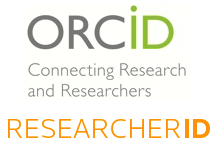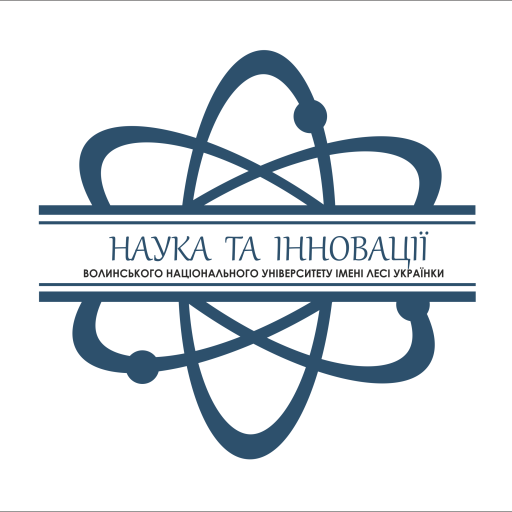Open Researcher and Contributor ID (ORCID) is a nonproprietary alphanumeric code to uniquely identify scientific and other academic authors and contributors. This addresses the problem that a particular author’s contributions to the scientific literature or publications in the humanities can be hard to recognize as most personal names are not unique, they can change (such as with marriage), have cultural differences in name order, contain inconsistent use of first-name abbreviations and employ different writing systems. It provides a persistent identity for humans, similar to tax ID numbers that are created for content-related entities on digital networks by digital object identifiers (DOIs).

Researcher ID – is an identifying system for scientific authors. The system was introduced in 2008 by Thomson Reuters. This unique identifier aims at solving the problem of author identification and correct attribution of works. In scientific and academic literature it is common to cite name, surname, and initials of the authors of an article. Sometimes, however, there are authors with the same name, with the same initials, or the journal misspells names, resulting in several spellings for the same authors, and different authors with the same spelling. Researchers can use Researcher D to claim their published works and link their unique and persistent Researcher ID number to these works for correct attribution. In this way, they can also keep their publication list up to date and online. The combined use of the Digital Object Identifier with the Researcher ID allows a unique association of authors and research articles. It can be used to link researchers with registered trials or identify colleagues and collaborators in the same field of research. ResearcherID is also integrated with Web of Science, and ORCID, enabling data to be exchanged between these databases.



